State shares in 40 large enterprises and banks of Uzbekistan to be privatized through a “people’s IPO”
On March 24, President Shavkat Mirziyoyev held a meeting to discuss the progress of state property privatization and plans for the current year.
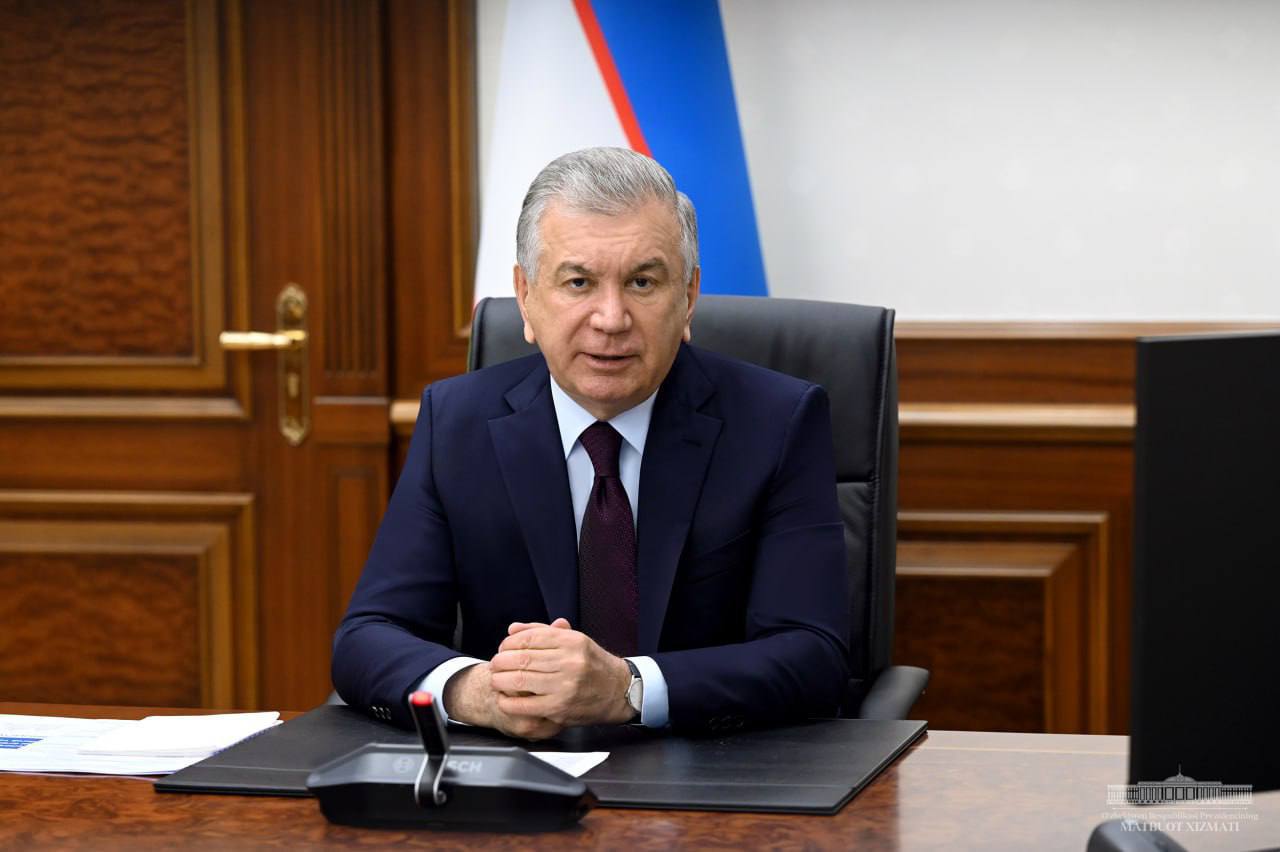
Photo: Presidential press service
Privatization reduces the presence of the state in the economy and creates conditions for an increase in the number of private owners. To this end, a large-scale work in this direction is being carried out in the country. So, if over the past ten years, state assets worth 1.2 trillion soums were sold, then in 2022 alone this figure reached 11.3 trillion soums, that is, over the past year, a 10-fold greater effect has been achieved in this area than in ten years, the press service of the head of state reported.
“The efficiency of privatized facilities is also growing. For example, on the basis of the Andijan Experimental Plant, which has been inactive for many years, a textile enterprise has been organized with investments worth $18 million, a thousand jobs have been created, and products worth $40 million have been exported. A foreign investor purchased the Kokand Superphosphate Plant, and by investing $40 million, increased production by 4 times. The sale of the state stake in Ipoteka Bank for $324 million and in Coca-Cola Uzbekistan for $252 million also became the largest transactions in recent years,” the report reads.
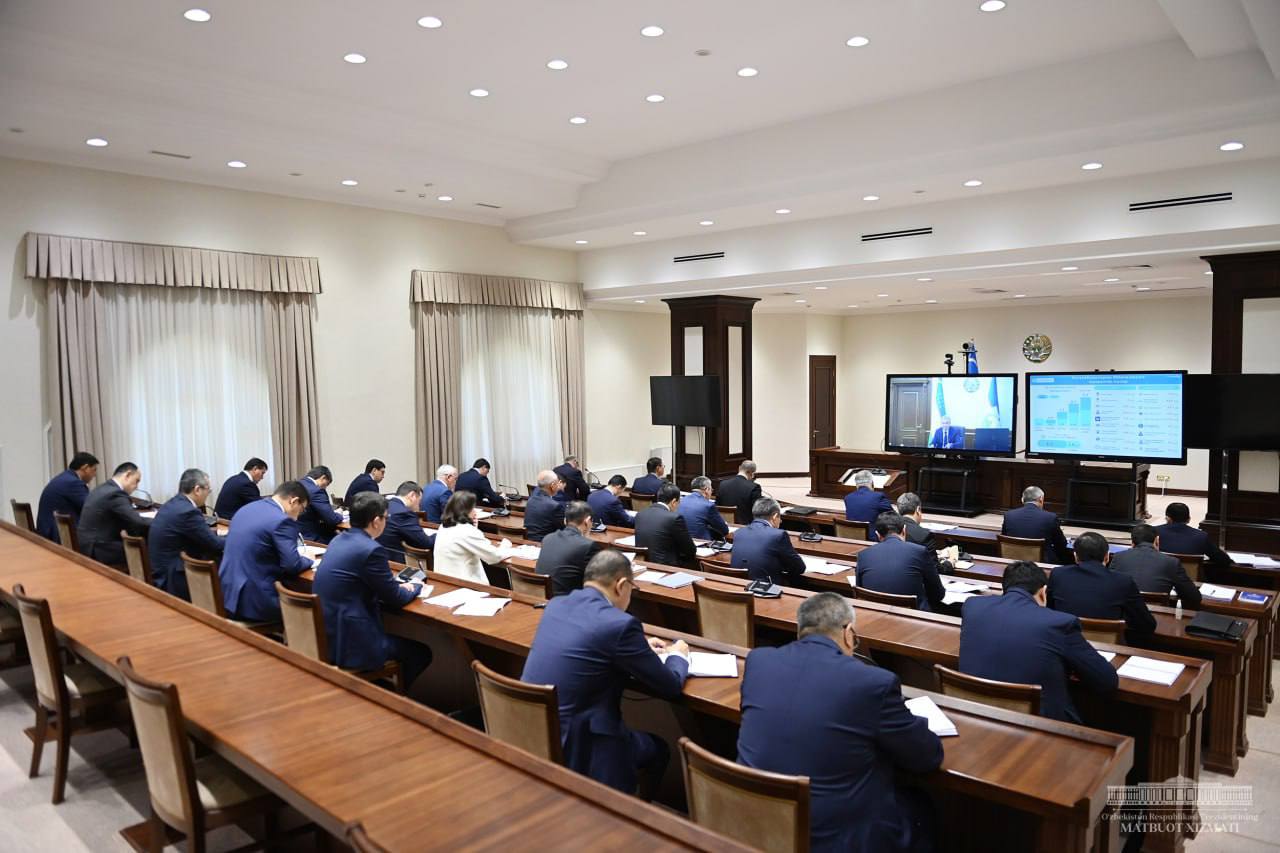
However, the privatization process is not moving dynamically in all regions and industries. For example, 112 facilities have been implemented in the Tashkent region, on the basis of which 150 business entities and more than a thousand new jobs have appeared. However, in Karakalpakstan, Kashkadarya, Namangan, Surkhandarya and Syrdarya regions, even 30% of the property put up for sale last year was not sold. In the context of industries, the privatization of the assets of the joint-stock company “Uzdonmakhsulot” is the slowest.
In general, the inventory carried out in more than 30,000 state facilities at the beginning of this year showed that much has to be done in the field of privatization. In this regard, today the head of state approved by his decree a new privatization program, which defines measures in three areas – the sale of shares, real estate and the arrangement of an IPO.
First, state-owned stakes in 1,000 enterprises will be put up for sale.
Secondly, 1,000 real estate objects will be put up for public auction. They include 600 hectares of land and buildings with a total area of 1 million square meters.
In order to speed up the implementation of these objects, the period for preparing objects for sale will be reduced from the current 80 days to 48 days. It will be allowed to put up for sale objects with an area of up to 2,000 square meters at the direct request of entrepreneurs.
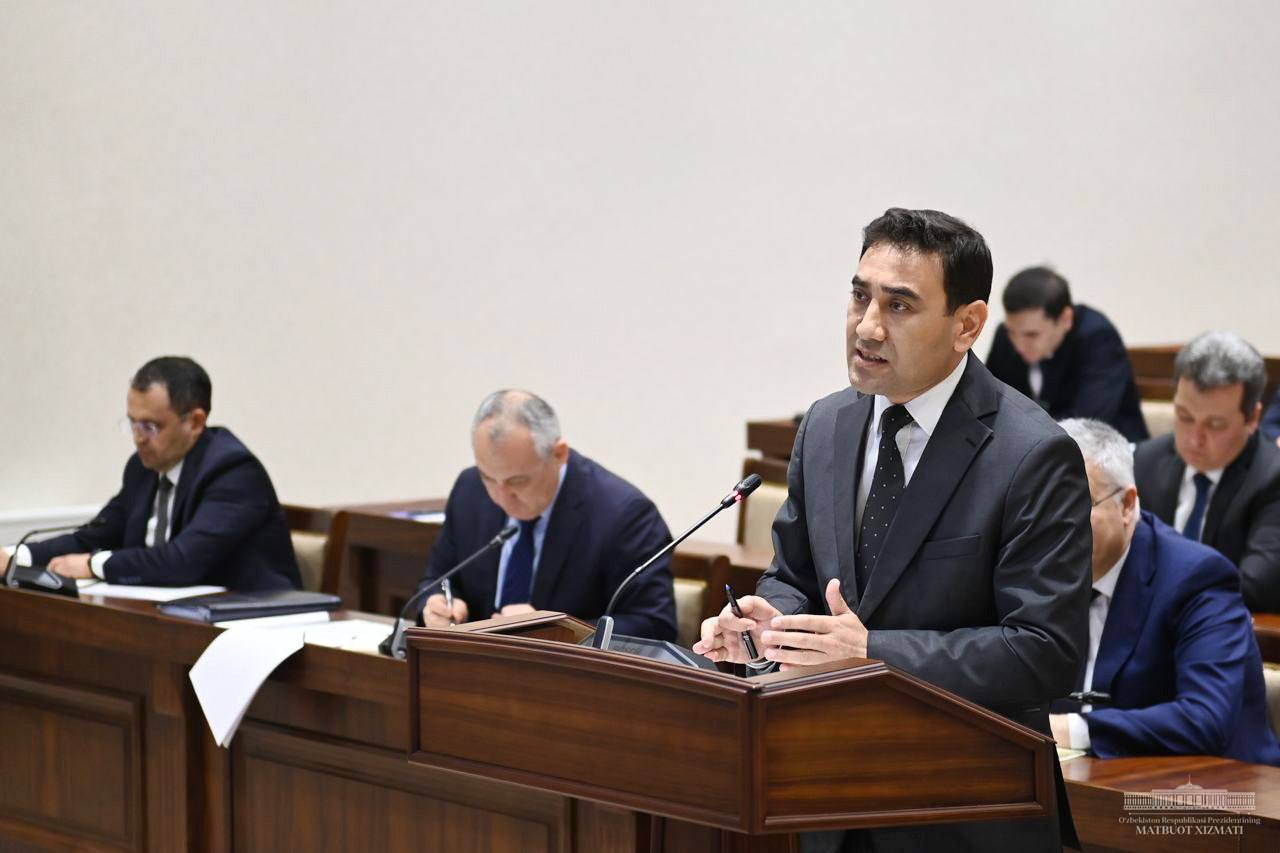
Thirdly, the state share in 40 large enterprises and banks will be realized through a “people’s IPO”. In particular, for the first time the population will be offered shares with an average yield of 2% of such large enterprises as Navoi and Almalyk mining and metallurgical combnes, Uzbek metallurgical plants, Uztelecom, the National Bank, Sanoatqurilishbank. The population will have the opportunity to buy shares directly from enterprises. Companies whose shares are acquired through an IPO will spend at least 30% of their net profit on dividend payments for five years.
According to estimates, this program will provide revenues in the amount of 13 trillion soums this year, will contribute to the creation of 3,000 new enterprises and 50,000 jobs. At the meeting, these tasks were discussed in the context of regions and industries. Responsible persons provided information on the implementation of the program.
The importance of broadly informing the population and entrepreneurs about the possibility of privatizing state property and assisting them in paperwork was emphasized. Instructions were given to bring large state-owned companies to the capital market and improve the efficiency of investment projects.
Related News

11:45 / 24.04.2025
Government to offer thousands of assets, land, and mines for sale in 2025

17:39 / 23.04.2025
Uzbekistan to privatize major enterprises including UzAuto Motors, UMS and power plants
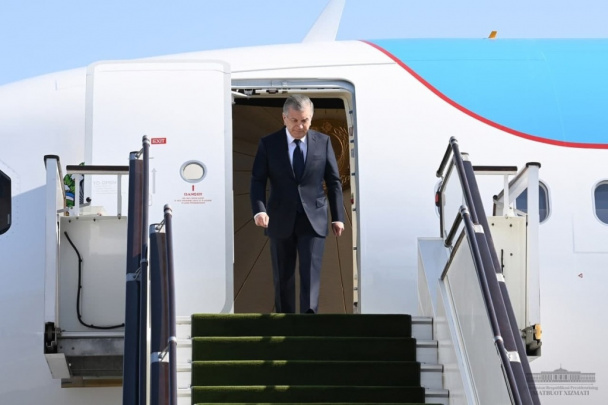
14:01 / 23.04.2025
Shavkat Mirziyoyev arrives in Samarkand for talks with Sergey Lavrov and Gurbanguly Berdimuhamedov
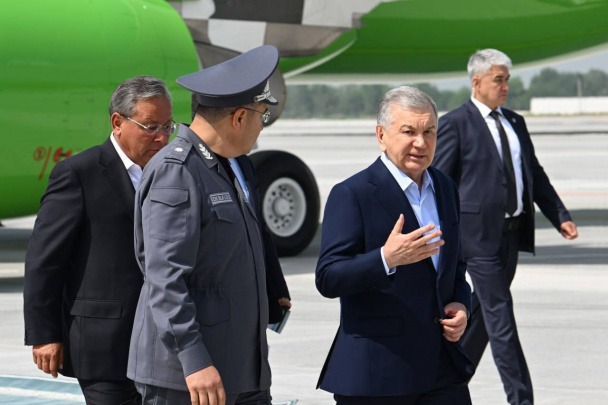
13:04 / 15.04.2025



